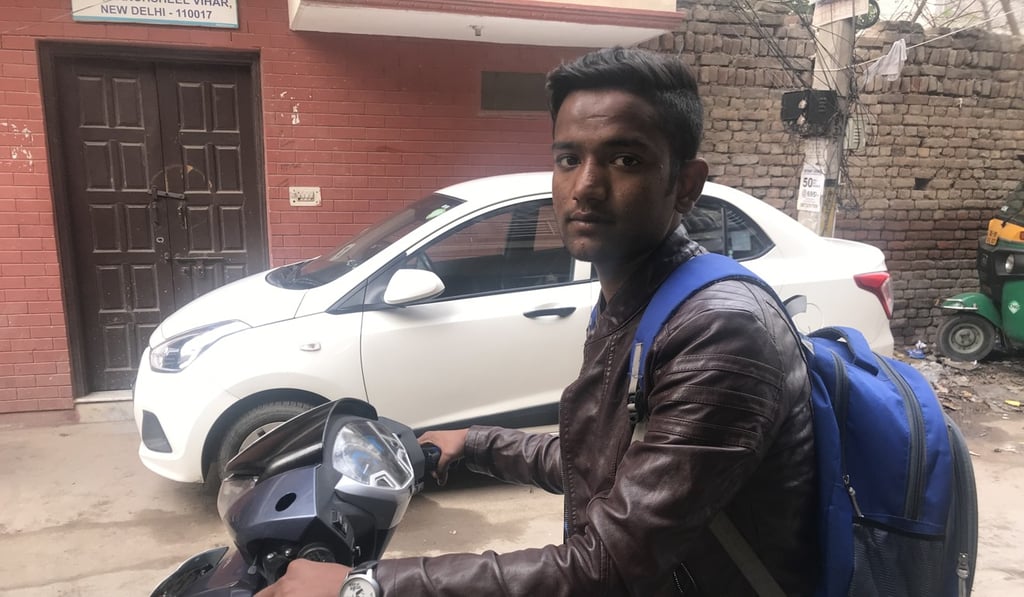India’s informal workforce has no money, more problems – despite Modi’s promises
- A recent study found that 92 per cent of the country’s workforce are in the unorganised or informal sector, lacking benefits or fixed income
- The sector isn’t just an election headache for Modi as India heads to the polls in May, it has a profound negative effect on the economy

Yasar Arafat, 23, has a bachelor’s degree in engineering, and dreams of being like Tesla founder Elon Musk, some day inventing a product that will help mankind.
For now, he is employed by Swiggy – an online food delivery service in New Delhi valued at over US$1 billion – as one of its drivers, working 10 hours a day and earning roughly 14,000 to 15,000 rupees a month (US$196-210).
Their jobs range from construction to domestic help to agricultural labour, but even such jobs seem to be dwindling going by a recently leaked official report that revealed unemployment in India to be at a 45-year-high of 6.1 per cent. Unemployment figures in India count those who are jobless for most of the year, so even workers who do ad hoc work or jump from one temporary job to another are considered to be employed.
A report by the think tank Centre for Monitoring Indian Economy earlier this year said India lost about 11 million jobs between December 2017 and December 2018.
“A large number of people are entering the labour force but at the same time the job growth rate has fallen and that is the reason for the rising unemployment, particularly for the educated youth,” said Santosh Mehrotra, economist and professor at the Jawaharlal Nehru University’s Centre for Informal Sector and Labour Studies.
